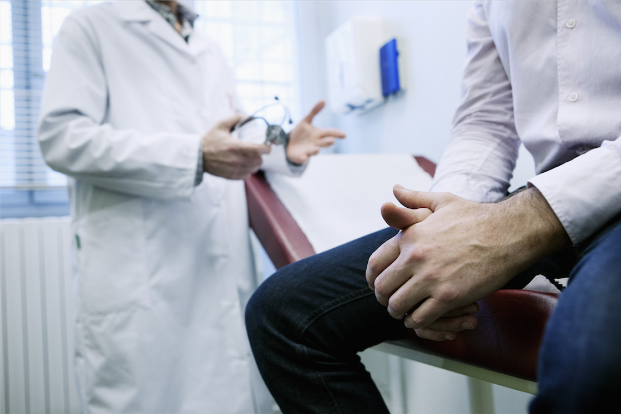Anal Cancer-Symptoms and Risks
Apr 19, 2022
Sometimes anal cancer initially causes no symptoms at all. But bleeding is often the initial sign of the disease and is usually less.

Important symptoms of anal cancer include:
- Rectal bleeding
- Rectal itching
- A lump or mass at the anal opening
- Pain or a feeling of fullness in the anal area
- Narrowing of stool or other changes in bowel movements
- Abnormal discharge from the anus
- Swollen lymph nodes in the anal or groin areas
Most often these types of symptoms are more likely to be caused by benign non-cancer conditions, like as hemorrhoids, anal fissures, or anal warts.
Risk Factors for Anal Cancer:- A risk factor is anything that affects your chance of getting a disease like as cancer. Different cancers have different risk factors. Common risk factors are smoking or unhealthy diet which if controlled can minimize the risk of getting anal cancer. Other factors like a person’s age or family history of cancers can lead to the development of anal cancer.
- Most squamous cell anal cancers are linked to infection with the human papillomavirus (HPV).
· HIV infection:- People infected with the human immunodeficiency virus (HIV), the virus that causes AIDS, are much more likely to get anal cancer than those not infected with this virus.
- Other Cancers-Women who have had cancer of the cervix, vagina, or vulva are at high risk of anal cancer.
- Sexual activity- Having multiple sex partners increases the risk of infection with HIV and HPV. It also increases the risk of anal cancer.Receptive anal sex also increases the risk of anal cancer in both men and women. Because of this, men who have sex with men have a high risk of this cancer.
- Smoking– Smoking increases the risk of anal cancer.Present smokers are several times more likely to have cancer of the anus compared with people who do not smoke.









